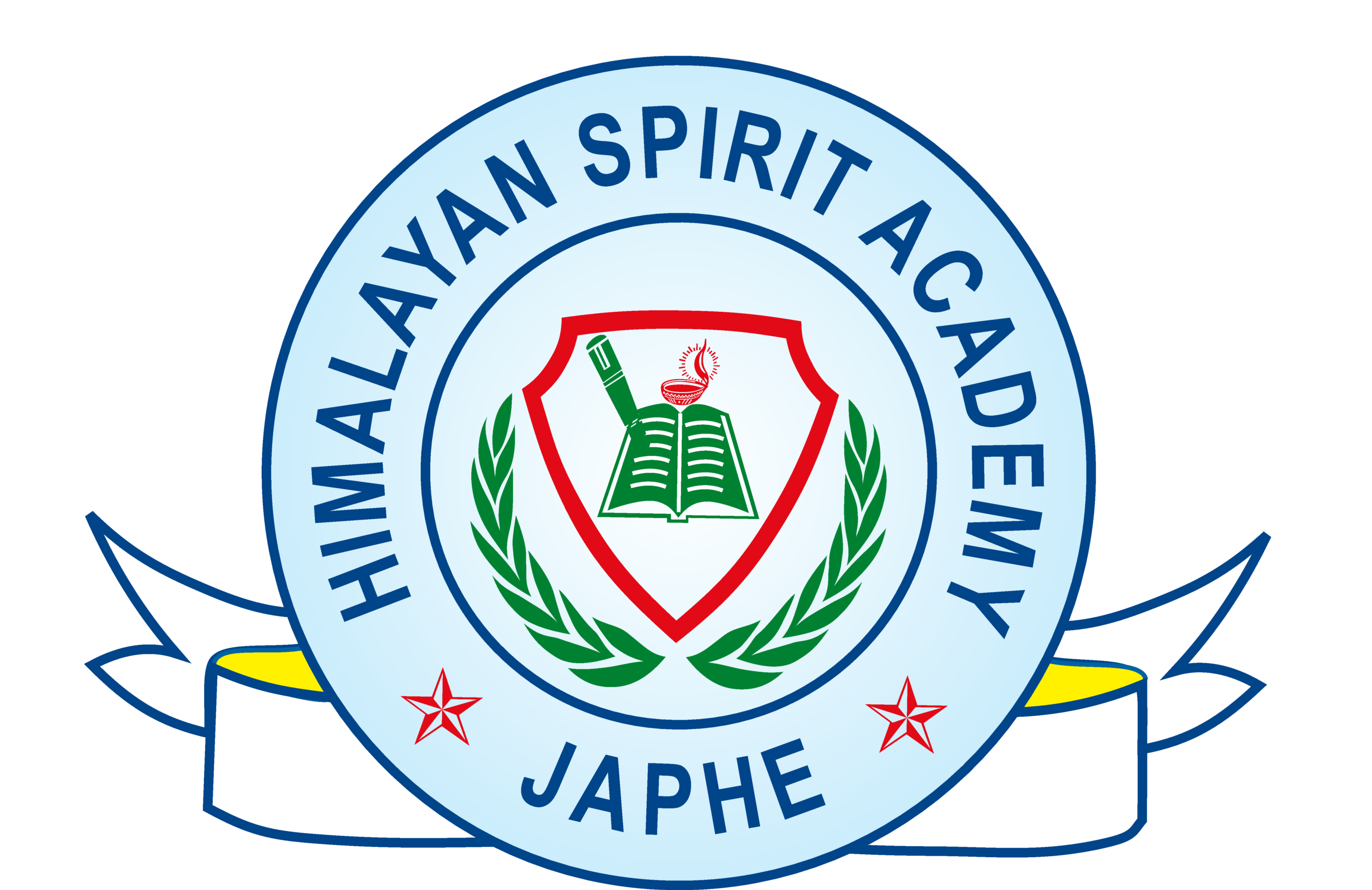Frequently asked questions(FAQ)
General
The organization is managed by a board of executives who are entirely responsible for all daily affairs. The general assembly is the supreme body of the organization which elects the board of executives and ratifies the programs and budgets in every general assembly.
There are different kinds of exercise books available in the market but we provide the only suitable ones for the children which costs Rs 20/-.
A normal pen and?or pencil costs Rs 10/-.
The bus fare is 500/-Rs, per person, each way.
No, we have no administration staff employed.
No, all our team members are working with us as volunteers.
One simple meal costs around Rs 150/- in a local restaurant.
Every month, a program is organized to distribute regular school materials.
The board members will visit the school to conduct the program – Rs1500/- covers the costs of transportation, breakfast and lunch for two days travel.
In every four months, they receive an installment. They will get three equal installments each year and a bonus will also be provided with an equivalent amount of one month’s salary at the Dashain festival.
As a registered organization we must abide by the law.
At the end of every fiscal year, a chartered accountant checks and approves our accounts before submitting them to the tax office, social welfare council in Kathmandu, to the district administration office in Dolakha and to the district development committee, as well, in Dolakha.
Also, the district education office in Dolakha has, per the project proposal, to do internally auditing board members in every meeting.
Simply click on our ”Contact Us” page, where you will find our full bank details.
Every donation makes a big difference to the children.
The money will be deposited into the registered donation account within a week and monitored by the tax office.
Yes!! Everyone is welcome to our village and to see the school’s situation and many other activities going on in the village.
We make observations, door to door visits and speak with the child’s parent before the selections are made. The poorest children are given highest priority.
HISCOS has directed that the hard working, intelligence and the weakest families are the first ones being supported.
Not yet but we are optimistic with our future.
According to the child sponsorship policy of HISCOS, the money received from the supporters won’t go directly to the child or the family.
HISCOS will arrange necessary equipment and materials to educate the child.
An annual report is produced with summarized major achievements of programs over the year. Community reports describe the specific work being carried by organizations in the community.
It will be sent every six months as per the Nepali calendar and, as well, with the child’s message to their supporter.
Two messages are written by the child and sent to their supporter each year including a report about the child’s progress.
